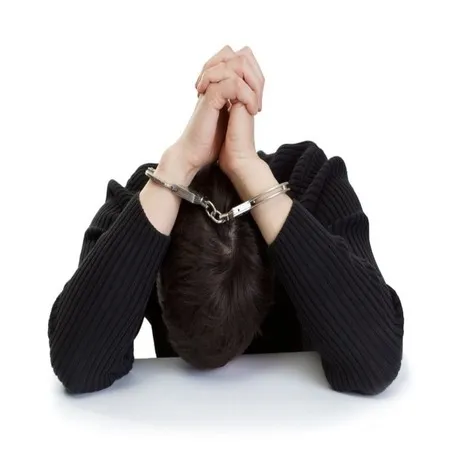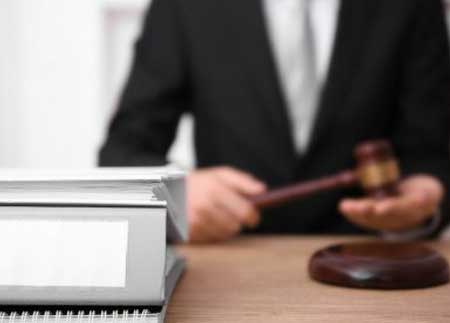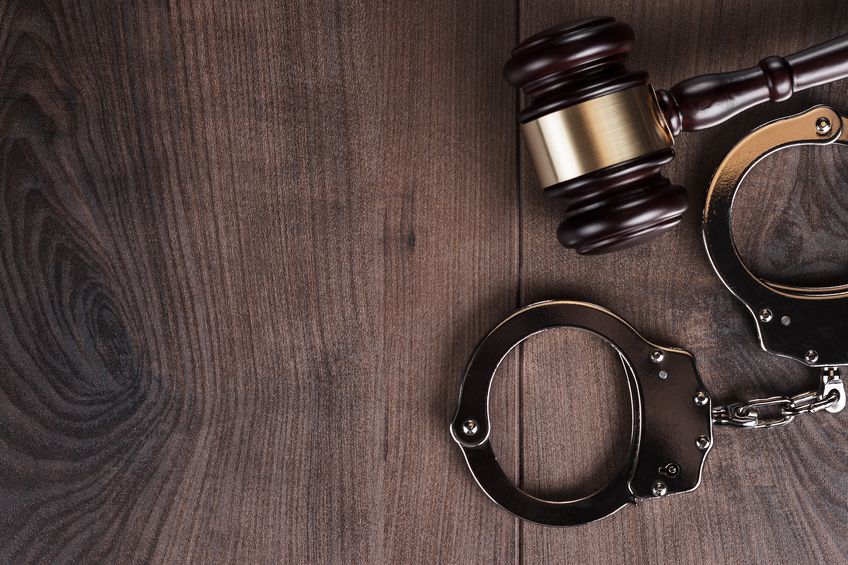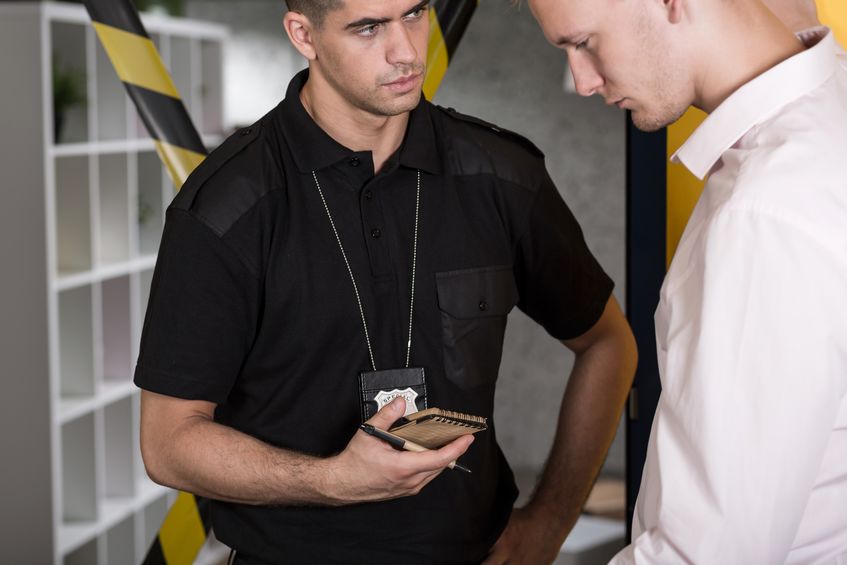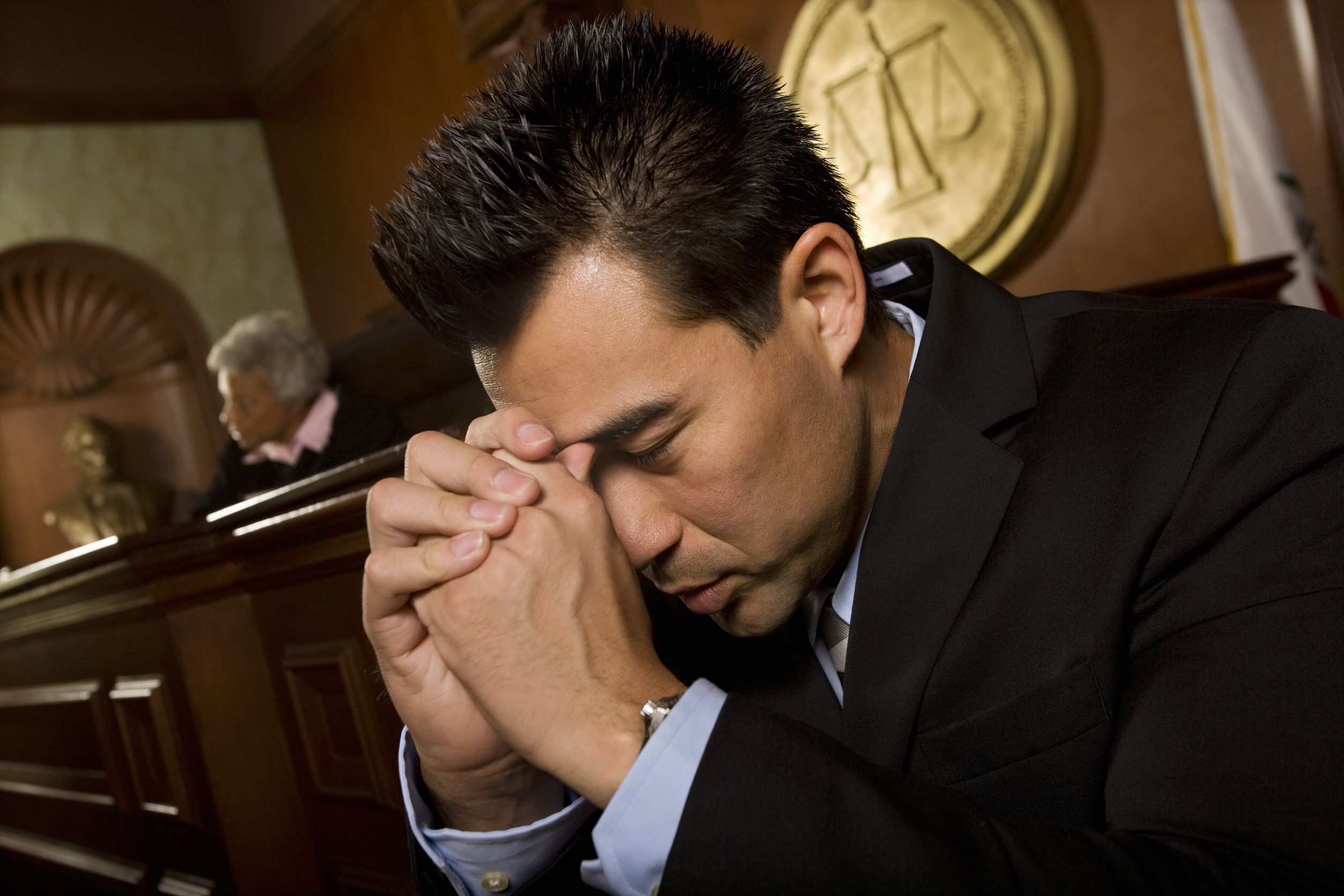Trial Vs Settlement in Criminal Cases in Maryland; Pros and Cons

Are you aware of your best choice between settlements and trials in your criminal case? You might decide right away in some situations that you want to settle the matter amicably, but you might decide that you would like to go to trial in other situations.
A Trial
A trial is a procedure through which a judicial authority examines a dispute between the parties. They establish their legal rights on an equal footing and follow due process before a judge or jury, who subsequently renders a verdict on the plaintiff’s damages. A courtroom may consist of a judge, jury, lawyers, witnesses, and testimony.
Pros
The jury may award more money in damages than would have been decided in a settlement in court. But you might or might not benefit from this. Trials also frequently result in an admission of guilt, which can give people involved a more substantial and lasting closure.
Cons
There are many factors to consider throughout the trial, and any one of them could potentially alter how the case turns out. This ambiguity over the date, outcome and other factors can be exceedingly stressful for all parties concerned. Trials may last for years before reaching a decision.
Settlement
Reaching a settlement means reaching an agreement or resolution outside the courtroom. A payment that has been considered to be an appropriate amount of compensation for whatever losses have happened is typically included in this resolution.
Pros
You are informed of the agreed-upon amount of compensation and may even have more input into it in settlements. Settlements are frequently concluded much more quickly than legal proceedings. You can avoid the high legal fees and other expenses that come with going to trial by coming to a settlement. You might feel less mental and emotional stress If you decide to settle instead than going to trial. Settlements also allow for greater personal privacy.
Cons
There is no assurance that the compensation amount chosen would be more favorable to you than what a jury would find reasonable. Defendants frequently do not express any regret or make formal admissions of guilt in settlements.
Lastly, consult a criminal defense lawyer to get a picture of how your case might develop by understanding the distinctions between approaches to your criminal case.


